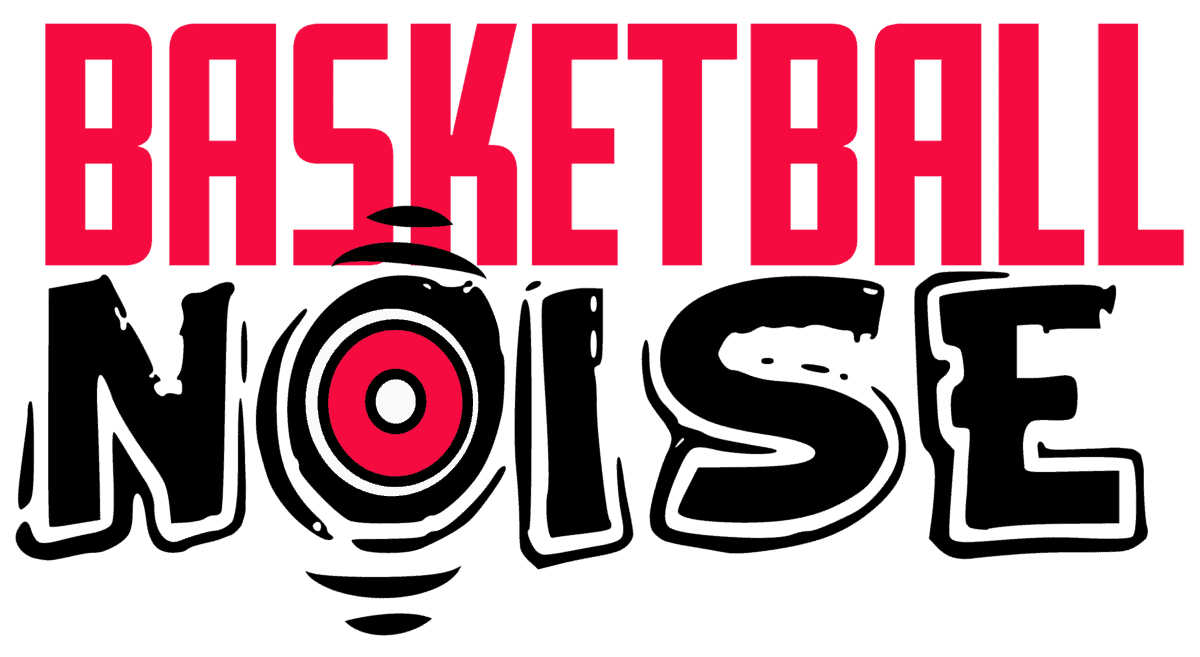Throughout the history of the NBA, we have consistently seen teams relocate. Of the current 30 NBA teams, 12 of them have relocated in their history. The most recent of those is the Seattle Supersonics moving to Oklahoma City to be the Thunder. NBA teams can relocate for a variety of reasons

A main reason for teams relocating is money. Often owners will not see enough revenue coming in from the city’s fans. Usually, this revenue is measured through ticket and merchandise sales. Owners often receive some sort of financial backing from the city the team is located in – maybe to help build a new stadium or other infrastructure that may boost the city’s economy long term. When this is underwhelming, owners will look to move the team. Sadly, it’s a money problem that can often leave some fans out in the cold, while unlocking NBA fandom for other locations.
Why do NBA teams relocate? Each NBA Team is a Franchise, owned by a person or group of people. The owners of these franchises, collectively, form the majority ownership of the NBA itself. The NBA is a business and the location of its major assets – the Franchised Teams – is a major part of its performance. An owner may want to move a Franchise for personal or financial reasons. The NBA as a group may decide to move a Franchise to better serve a fanbase or open up a new market. Of course expansion, creating new teams is always a possibility, but in the long term may dilute the value of each individual franchise. Each move involving a franchises location is debated and ultimately voted on by the ownership group.

Is an NBA team relocating a simple process?
NBA teams have a variety of ways they bring in revenue. It comes in through TV deals, ticket sales, merchandise sales and often through some grants from the cities that the teams are based in. Often, the TV money is constant no matter where the team is set up. However, ticket sales and merchandise sales can often be dependent on the size of the city. If you look at the most valuable teams in the NBA according to Forbes, they are based in major cities like New York and Los Angeles. The bigger the city, the bigger the market for the team. This often encourages teams to move cities. Often, we will see cities grow or get smaller, which for an owner, means the market can get bigger or smaller. Obviously, for NBA teams to be viable, they need to maximise profit. This is why you will see owners looking for bigger markets by moving cities. Another major factor which has influenced previous NBA relocations is the funding states often give for arena repairs. Often, NBA teams will request state funds to help with the redevelopment of their arenas. You will often see states agree, as having an NBA team in their major city means a lot more jobs and revenue is brought to the area. However, there are times that NBA cities will not agree to provide these funds, which is often punished by the relocation of a team. There is another pretty simple reason for NBA teams relocating. Team owners will want to relocate teams, purely because they want an NBA team in their hometown. When a team is sold to an owner from a certain area, they very often want to move the team to that area. Often you may also see temporary relocations, due to national disasters. Hurricane Katrina forced the New Orleans Hornets to move to Oklahoma City for two years while repairs were made to their stadium. One very obvious revenue source that signals the possibility of a relocation is lowering attendance. Ticket sales is a huge part of the revenue source, and when teams struggle to sell out, owners could look for a new city.
What are some examples of NBA teams relocating
The most recent example of an NBA team relocating was back in 2008. The Seattle SuperSonics moved to Oklahoma City, to become the Thunder. This example shows some of the main reasons for an NBA team relocating. Firstly, the team was acquired by Professional Basketball Club, an investment group led by Oklahoma City based businessman Clay Bennett. Bennett had previously assured the fans that he intended to try his best to keep the team in Seattle. However, problems arose when he failed to persuade local governments to pay for a new $500 million arena in Seattle. This meant he notified the NBA of his intentions to move the team to Oklahoma City. It was a money issue. The KeyArena, which was the Supersonics arena in Seattle, was the NBAs smallest with a capacity of only 17072. This meant that ticket sales could not bring as much profit as Bennett wanted. Moving to Oklahoma city meant they could move to a much newer and slightly bigger arena in the Ford Centre. There is also a good chance that Bennett wanted the team in Oklahoma City because he was from the area, and knew that bringing the team to his hometown would increase business in the area. There are also examples of owners buying teams, soley for the purpose of relocating them to their hometowns. Horrible former Clippers owner Donald Sterling bought the team in 1981, when they were in San Diego. However, Sterling wanted to have his team in his hometown and where he lived. That was it, there was not much of a big financial benefit to it, as there was obviously another team in Los Angeles before the Clippers. Sterling simply did not want his team in San Diego. One of the more interesting NBA moves was the Grizzlies going across the border, moving from Vancouver to Memphis in 2001. This was mainly due to the weak Canadian dollar, which also saw a much lower attendance than management was hoping for.
Could any NBA teams Relocate Soon?
Mainly due to the COVID-19 pandemic, it does not seem as though any teams would be going to the expense of moving at the moment. Big cities like Las Vegas and Seattle are definitely in line for a new NBA team soon. The NBA has a vote about relocation, that is next taking place next year, so it would be worth keeping an eye on the 2022 vote.
Money’s Role in Relocation

The main driving force behind all of this is money. Owners are driven by money and by looking for bigger cities and bigger markets, they can often be pushed to relocate a team. Sadly, even in a league which controls spending through caps, massive decisions that can hurt fans are made to benefit the bottom line. There are other reasons like personal preference, but when you look into the details of all the reasons for previous moves, it boils down to one thing, money.
